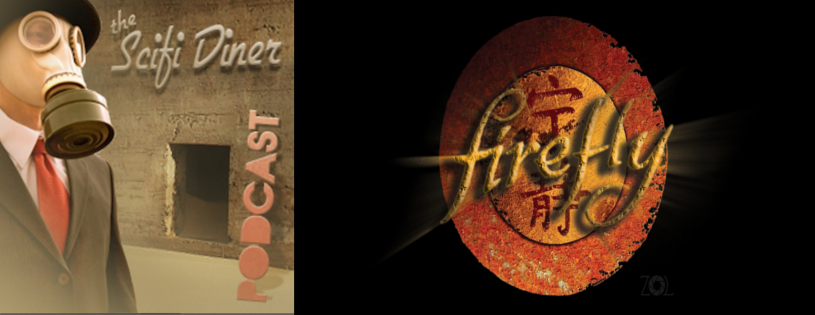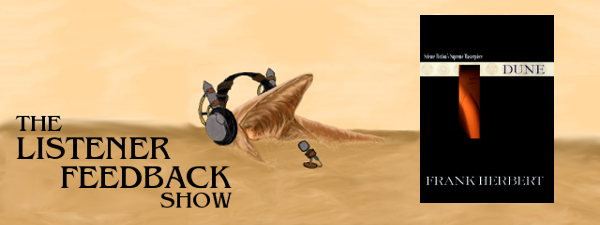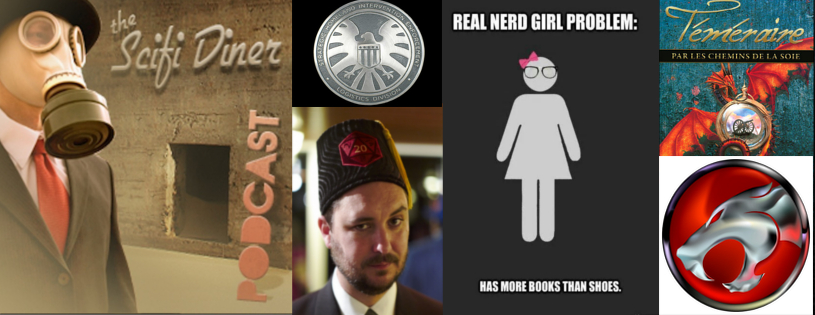Mon, 30 June 2014
|
Sun, 29 June 2014
Scott was making the rounds again.Hosted by Remi Lavictoire, Scott Hertzog and Jonathan ColbonPodcast length: 1:01:01
On this episode we talk about how Firefly was launched, then botched by Fox, adopted by loyal fans and became the first TV show to inspire a full length movie after the TV series was cancelled. The Positive Though it ran less than one full season, Firefly has cemented itself into the hearts of Sci-Fi Fans. With strong character development, exceptional dialogue and a unique Sci-Fi Cowboys in Space premise, Firefly showed us a very different and very plausible vision of the future. Even though the series was aired out of sequence and the full season was not shown, Firefly capture the imagination of Sci-Fi fans and will long be remember as one of the best Sci-Fi shows ever created. The Negative It’s difficult to find anything significantly wrong with Firefly. We nitpicked a spell about how the Reavers could be insane cannibal monsters and still pilot spacecraft. There was a general consensus that the series (with the original cast) won’t come back, but there may be more story to tell through comics, books and even a new series with a new cast set in the future…but we won’t hold our breath. The Verdict It’s difficult to be completely objective about Firefly, but if one were to step back and look at the show on a whole, they’d likely conclude that Firefly is one the best Sci-Fi TV programs to every grace the airwaves. Were it not for the poor treatment by Fox, Firefly could have last many more seasons and reached a much wider audience. As it stands, there’s a certain perfection about one great season and one great movie. Buy them both and be prepared to loan them out and buy more, Firefly is that good. Storyline A defeated rebel and his rag tag band of misfits take to the stars to earn a living, criminal or otherwise, while avoiding interference from the overpowering Alliance. When they take on two new crew members who turn out to be fugitives from the Alliance, it become ever more difficult to eek out a living in the ‘verse. Cast Nathan Fillion – Captain Malcolm ‘Mal’ Reynolds Gina Torres – Zoe Washburn Alan Tudyk – Hoban ‘Wash’ Washburne Morena Baccarin – Inara Serra Adam Baldwin – Jayne Cobb Jewel Staite – Kaylee Fye Ron Glass – Shepherd Book Sean Maher – Dr. Simon Tam Summer Glau – River Tam To inquire about becoming a Correspondent for The Scifi Diner Podcast, click here. Here’s the IMDB link to ‘Done The Impossible‘, a documentary on the amazing story of Firefly and Serenity. The Sci-Fi Movie Podcast is partially funded by Patreon. You can help make the Sci-Fi Movie Podcast even better by becoming a support. Go to our Patreon page and show your support! Please share your comments and thoughts on The Sci-Fi Movie Podcast Facebook page or send us Email and we’ll add your feedback to the show!
Category:general
-- posted at: 12:00pm EDT
Comments[0]
|
Fri, 27 June 2014
So Scott from the SciFi Diner appeared on this show.. Thought I'd share it here.
The Ready Room 146: We've All Done the Scarecrow
Death Wish.
When Voyager premiered, it seemed a given that the fan-favorite Q would turn up on the series. But the producers were cautious in using John de Lancie’s character yet again. As loved as Q was, he always ran the risk of being a one-verse song played over and over a danger highlighted by his single appearance on Deep Space Nine. The door to Q’s return was finally opened by an unexpected hand, that of Michael Piller’s son, Shawn. Having overheard his dad pondering the problem, he began pitching the idea that became “Death Wish.” And from this idea grew one of the most poignant Q episodes in all of Star Trek.
In this episode of The Ready Room we're joined by Charlynn Schmiedt, Suzanne Abbott, and Scott Hertzog of The SciFi Diner to discuss how Q's character grew through this story that tackles some very difficult and divisive issues, including assisted suicide, treatment of prisoners, and the rights of individuals versus the good of society.
In our news segment we take a look at Cross Cult's new covers for Kirsten Beyer's Full Circle and Unworthy, discuss how Data may have gotten his Federation citizenship (as described by "The Measure of a Man" writer Melinda Snodgrass), and ponder a proposed perfect RetKHAN to Star Trek Into Darkness.
Here's how to listen..
Show Notes and Streaming: https://trek-fm.squarespace.
Spreaker: https://www.spreaker.com/show/
Libsyn: http://thereadyroom.libsyn.com
Blubrry: http://www.blubrry.com/
Downcast and Instacast: Search for "The Ready Room"
Also subscribe to the Trek.fm Master Feed: https://itunes.apple.com/us/
And find all of our shows on our artist page at http://itunes.com/trekfm
* Some feeds may not display the latest episode immediately.
Category:general
-- posted at: 7:54am EDT
Comments[0]
|
Wed, 25 June 2014
|
Tue, 24 June 2014
Podcasters are a varied breed. There are those who don't mind talking for a half an hour or an hour by themselves on a show. They do it week after week, show after show, and think nothing of it. I laud them. I don't think I could ever do it. I love the Dune Saga Podcast and the SciFi Diner Podcast because I have co-hosts and do not have to rely on just myself to carry the conversation. And one of the many reasons I love this show, the Podcasting Gear Show, is because I get to connect with many of you, and the interviews help carry the conversation. Plus, my gear experience is limited to what I know and what I have encountered on my podcasting journey. I learn so much for all of you and feel more connected to the podcasting community as a whole. I have always recorded my interviews and co-hosts using Skype. In the past year, I experimented with live streaming my podcasts using Google Hangouts. For us, that worked as good as, perhaps better than Skype at times. But Christopher Jones from Trek.fm provides an alternate solution with way more functionally. He uses GoToMeeting from Citrix to record his podcasts and loves the ease of use factor as well as its awesome capabilities. As the Citrix site states: "Citrix GoToMeeting makes it simple and cost-effective to meet online with colleagues and customers. Best of all, meeting participants can share their webcams in high definition, so you can enjoy more personal interactions – without needing a complicated setup. You can meet from anywhere on any device – no training needed. Start a meeting and share your screen, video and audio with just a click. Show your screen, share your webcam and speak your mind. GoToMeeting integrates everything – VoIP, telephone, HD video – for a clear and professional web conference. It’s the next best thing to sitting at the same table. Your online meetings are always a tap away with GoToMeeting for iPhone, iPad, Android and Windows Phone. Join or start sessions easily on the go and see the presenter’s desktop right on your mobile device." Clearly it is a viable, perhaps underused alternative, when podcasting. Are you using GoToMeeting to record your podcasts? Have you used it before and then decided not to? I would love to hear your thoughts. Please e-mail me at podcastingguru@gmail.com.
Comments[0]
|
Sat, 21 June 2014
|
Tue, 17 June 2014
This past weekend I watched David Lynch's movie "Dune" on the big screen. One part that particularly stands out is the "thumper", a device that repetitively beats the ground in a rhythmic pattern. The protagonists of the movie use it to call these huge sandworms that they ride. In podcasting, especially here on the Podcasting Gear Show, my repetitive thumper is time efficiency in podcasting. How can a podcaster put out the best product in the least amount of time? This show is a continuation of that beating drum. Christopher Jones from the Ready Room Podcast joins me again to talk about an app that he uses to streamline and more efficiently edit his podcasts in Adobe Audition. The Actions App, which is available on the iPad, allows you to control your most used functions in your editing software at the click of a button on your iPad. You no longer have to drop a menu to carry out normalization of some other function you are trying to carry out. Instead, you simply click a button on your iPad and it is done. And the Actions App is not just for adito editing. You can use it with e-mail, photo editing, and many more applications. Want to try it out for yourself? Listen to the show and find out how you can win one of three codes to download the Actions App for free.
Comments[0]
|
Mon, 16 June 2014
|
Mon, 16 June 2014
Comments[0]
|
Wed, 11 June 2014
SciFi Diner Podcast Ep. 209 - Changes and an InvitationChangesShow Monthly format: SciFi Rewind Interview Listener Feedback SciFi Diner Review SciFi Diner Roundtable Listener Feedback An InvitationWe are looking for those of you who are interested in becoming SciFi Diner Correspondents for the SciFi Diner Podcast. We are looking for people who can give us Science Fiction Convention reports, do interviews, and give us book and movie reviews. The perks of this is that we can get you into conventions as press and that means in many cases free. Once the form has been filled out, give us a week to look over it. We’ll have a code of Con-duct (spelling intentional) we’ll need you to agree to since you’ll be representing the Diner. It’s not too strenuous. And we’ll probably want to chat with you too. We look forward to having you on board. - See more at: http://scifidinerpodcast.com/correspondents/#sthash.Wl79gwYy.dpuf
Comments[0]
|
Tue, 10 June 2014
|
Tue, 10 June 2014
Recording has certain adages that have become well known over the past decade of podcasting. One of these rules is that for every minute of recording, you can expect to spend 3 to 4 minutes editing, creating show notes, and promoting your show. While for newer podcasters this might take more time and more seasoned podcasters it might take less, anything we can do to make out editing more enjoyable is bonus. My editing software journey started with four track cassette recorder in the early 1990s. I eventually moved onto to Logic Pro. Because I had a Mac, when I started podcasting I began using Garageband. It was simple, intuitive, and did most of the things I wanted to do. But in the fall of 2013, Apple decided it would no longer support the exporting of files from Garageband as an mp3s (They recently reversed this decision.) I made the jump to Adobe Audition and have never looked back. Christopher Jones from Trek FM and the Ready Room, like many other podcasters, swear by Adobe Audition. What sells him on it is that Adobe allows an editor to see the wave form, to voice matching (voice leveling), and much more. What many podcasters accomplish with multiple programs, Adobe Audition does all in one program. Adobe Audition is not perfect. You'll hear us discuss some of those in the show. If you use Adobe Audition, let me know why you use it. If you have considered using it and decided not to, let me know that as well.
Comments[0]
|
Tue, 3 June 2014
I started out podcasting with the USB Blue Snowball microphone, something I would never recommend knowing what I know now. I can still remember sitting in my classroom and podcasting behind the big white orb in front of me. Some of you know what I am talking about. I made the decision through a series of events to start podcasting without recording directly into my computer. When I did this, my Snowball became obsolete. In most cases you can't plug a USB microphone into a regular mixing board. If the Audio-Technica ATR2100 would have been around when I started podcasting, I could've saved myself a little bit of expense, plus I would have sounded a little bit better. I would not have had to buy a completely new microphone when switching from a USB recording setup to an XLR recording setup. The Audio-Technica ATR2100 hooks up to both a USB port and an XLR port making it the ultimate versatile microphone. And perfect for the portable studio. John Wilkerson from The Wired Homeschool Podcast is back with me this week to talk about how he uses the Audio-Technica ATR2100 Microphone
Comments[0]
|
Mon, 2 June 2014
On this, our seventh episode of The Dune Saga Podcast, we look at the one, the only, the story that launched the entire universe, Frank Herbert’s Dune. Join us as we analyze and offer out views on this story that tells of the rise of Paul-Muad’Dib and the fall of House Harkonnen and House Corrino. This is one you won’t want to miss. Get tickets to our hosted Screenings! Dune @ Penn Cinema, June 15th Jodorowsky’s Dune @ Zoetropolis, June 18th - See more at: http://dunesagapodcast.com/dune/#sthash.DapsRgBr.dpuf
Comments[0]
|
Mon, 2 June 2014
Perhaps it has been a long time since you have read Frank Herbert’s masterpiece, or maybe you read it along with us and are in need of a refresher. Either way, listen as our very own David Moulton sums up the complete volume in ten minutes or less. - See more at: http://dunesagapodcast.com/dit-dune/#sthash.zPbrgtXB.dpuf
Comments[0]
|
Mon, 2 June 2014
My daughter, a 12 year old fifth grader, just got into vinyl. Its my fault. The English department I work for was tossing a perfectly good record player, so I brought it home, and she, upon hearing and seeing it, commandeered it. I grabbed my dad’s country western, gospel, and sixties LPs I had stashed in the attic and picked up a copy of the Go Gos at a local flea market; she’s had the beat ever since. I have a radio DJ friend who only buys vinyl with the sheer belief that the sound heard from vinyl is more pure and more pristine. And compared to current digital counterparts, he’s right. And most of us don’t care. Typical Bit RatesSo how does this translate for podcasting? And what does this mean for podcasters? Podcasters are really concerned about two things when it comes to bit rate: the sound quality and the file size. These are the things that matter at least to me. The higher the bit rate, the better quality the sound. This might make a podcaster be tempted to go for the highest quality mp3 possible. Who doesn’t want to sound good? But there is a catch. High quality come with a price; in this case the price is in file size. And file size matters for two reasons. First, larger file sizes take longer for a listener to download. That means it is using more of their bandwidth and taking them longer to get to your content. Not a good thing. That means it is also taking longer for you to upload the file to your file hosting service. For those of us with time poverty in our lives, this is time we do not have. Second, most of us pay a podcast hosting service like Libsyn or Podbean to host our media files. We pay for a certain amount of virtual storage space for our mp3 files. The larger our files, the quicker our hosting space will be used up and the more we will pay to host our files. Not good for the economically minded podcasters. The thing you must ask yourself is what listeners really care about and what they are willing to tolerate when it comes to bit rate. This really depends on what type of podcast you are running. If you are releasing a music podcast, most listeners will be ok with a 128 kbps. It is a tolerable quality for music that most listeners have gotten used to from burning their own Cds. If you create an hour long podcast of music, that will take up about 56 MBs of space. If you truly want to release near CD quality music in your podcast, you’ll be exporting your files at around 320 kbps, using 141 mBs of space for an hour long podcast. That's a heck of big podcast and a heck of a big download. That seems a bit overkill. A majority of podcasts, however, are spoken word podcasts and need only 64 kbps to produce a good sounding podcast. That only use 28 MBs for an hour long podcast. Most listeners as they are traveling on their commute, running along the road, or mowing their lawn will not know a difference. So when thinking of bit rate, consider file size, the quality of file you're ok with, and your audience expectations. For more information of bit rate, please visit here.
Category:general
-- posted at: 12:27pm EDT
Comments[0]
|

Welcome to the SciFi Diner where we serve up spicy conversations off the latest menu of SciFi Movies & Television Shows. For almost ten
For almost fourteen years Scott Hertzog and Mile Mclaughlin began podcasting their love of all things sci-fi on the Sci-Fi Diner Podcast, informing their listeners on the latest sci-fi news and keeping the conversation going with them as they continue to celebrate this thing we call Science Fiction. Now they are joined by Dave, Chrissie, and M.

Categories
generalArchives
AprilMarch
February
January
December
November
October
September
August
July
June
May
April
March
February
January
December
November
October
September
August
July
June
May
April
March
February
January
December
November
October
September
August
July
June
May
April
March
February
January
December
November
October
September
August
July
June
May
April
March
February
January
December
November
October
September
August
July
June
May
April
March
February
January
December
November
October
September
August
July
June
May
April
March
February
January
December
November
October
September
August
July
June
May
April
March
February
January
December
November
October
September
August
July
June
May
April
March
February
January
December
November
October
September
August
July
June
May
April
March
February
January
December
November
October
September
August
July
June
May
April
March
February
January
December
November
October
September
August
July
June
May
April
March
February
January
December
November
October
September
August
July
June
May
April
January
September
August
July
June
May
April
March
February
January
December
November
October
September
August
July
June
May
April
March
February
January
May
April
March
February
| S | M | T | W | T | F | S |
|---|---|---|---|---|---|---|
| 1 | 2 | 3 | 4 | 5 | 6 | 7 |
| 8 | 9 | 10 | 11 | 12 | 13 | 14 |
| 15 | 16 | 17 | 18 | 19 | 20 | 21 |
| 22 | 23 | 24 | 25 | 26 | 27 | 28 |
| 29 | 30 | |||||
Syndication

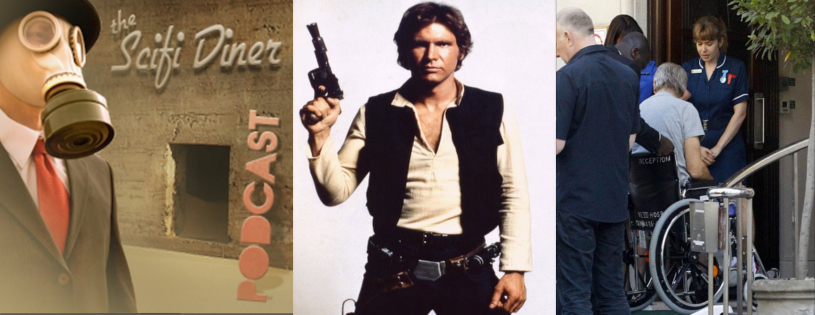

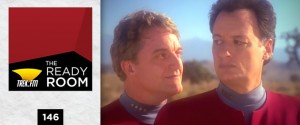
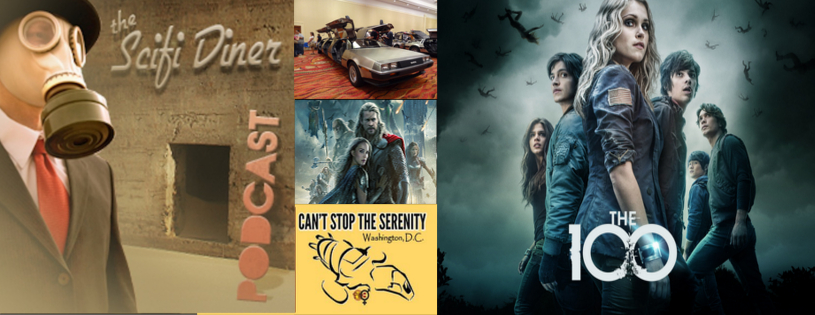

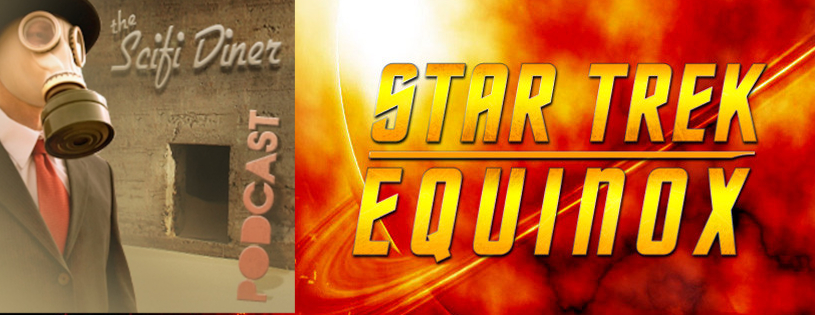
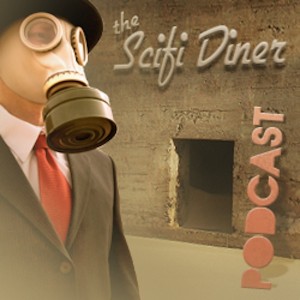
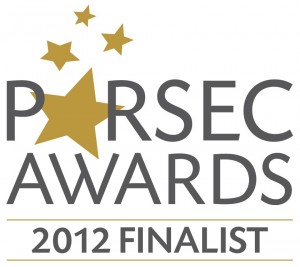
 Star Trek Equinox: The Night of Time
Star Trek Equinox: The Night of Time